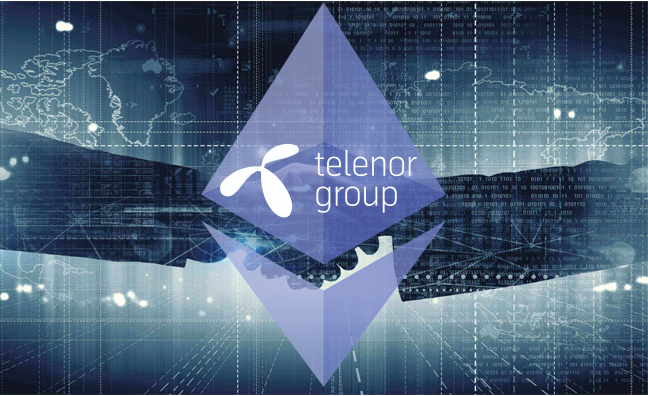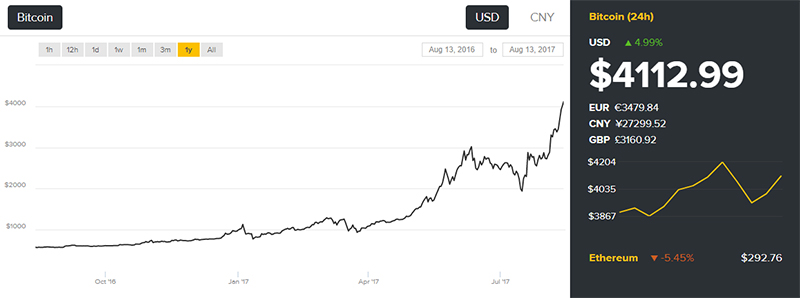Marketing is math. Without a solid grasp of Return On Marketing, Customer Acquisition Costs, Customer Lifetime Value and a list of other marketing key performance indicators you should not call yourself a marketer.
The most visible example for the power of math over marketing is Google’s money-making machine: pay-per-click. Every aspect of pay-per-click is a result of a calculation including the fundamental PPPP of marketing:
- Product (including features and support!)
- Pricing (not only monetary but also time and energy!)
- Promotion (branding, PR, advertising, sales)
- Placing (geo, channels, market segments – gender, age, education etc.)
With more data becoming available at ever lower efforts and costs every day “Big Data” is on most marketers mind. As with most fashionable terms that have not yet clearly been defined by academia the term “Big Data” is being used (and abused) by marketers on a daily basis which try to put a slant on it fitting to whatever flavor of the term might be most conducive for the promotion of their own product.
Cathy O’Neil takes an interesting stands on the term is her recently released book Weapons of Math Destruction: How Big Data Increases Inequality and Threatens Democracy. If you are interested in the social significance of how big data and mathematics are being today, you should go out and get a copy. Cathy has been blogging for quite a while at Mathbabe, which you should be following if you are in marketing.
To Cathy, Facebook is clearly the most worrisome of all the Big Data concerns in the book. The social media giant exercises an incredible amount of influence over what information people see, with this influence often being sold to the highest bidder. Together with Amazon, Google and Apple, the US economy and society have become controlled by monopolies to an unparalleled degree, monopolies that monitor most of the populations behavior (for commercial purpose). And, in the context of government surveillance measures, Edward Snowden remarked that we are now “tagged animals, the primary difference being that we paid for the tags and they are in our pockets.” A very small number of huge extremely wealthy organizations have even greater access to those tags than the government does, recording every movement, communication with others, and even every train of thought as we interact with the web.
 However, I think that Cathy clearly underestimates the second order effects that Google’s money machine (originally “borrowed” from Yahoo) had on the world wide web and by extension on the world at large. Google inadvertently created an entire ecosystem that spews out misinformation a million pages at a time – charitable referred to as ‘Search Engine Optimization’. And, why Internet users might spend more time on Facebook, most will turn to Google to find ‘information’ on products, services and the world at large. Since reality does not have a marketing budget, content now often written by bots serve the Google algorithm and its commercial intent. Keep in mind: if you are not paying for it – you are the product.
However, I think that Cathy clearly underestimates the second order effects that Google’s money machine (originally “borrowed” from Yahoo) had on the world wide web and by extension on the world at large. Google inadvertently created an entire ecosystem that spews out misinformation a million pages at a time – charitable referred to as ‘Search Engine Optimization’. And, why Internet users might spend more time on Facebook, most will turn to Google to find ‘information’ on products, services and the world at large. Since reality does not have a marketing budget, content now often written by bots serve the Google algorithm and its commercial intent. Keep in mind: if you are not paying for it – you are the product.
So, to that extent, increasing shareholder value of one entity (Google) has become the overarching principal of information distribution. And, while capitalism is the motor of most progress unrestrained capitalism and its second and third order effects are without a doubt the main driver for the destruction of the environment we live in as well as the exploitation of most people living in it.



 However, I think that Cathy clearly underestimates the second order effects that Google’s money machine (originally “borrowed” from Yahoo) had on the world wide web and by extension on the world at large. Google inadvertently created an entire ecosystem that spews out misinformation a million pages at a time – charitable referred to as ‘Search Engine Optimization’. And, why Internet users might spend more time on Facebook, most will turn to Google to find ‘information’ on products, services and the world at large. Since reality does not have a marketing budget, content now often written by bots serve the Google algorithm and its commercial intent. Keep in mind:
However, I think that Cathy clearly underestimates the second order effects that Google’s money machine (originally “borrowed” from Yahoo) had on the world wide web and by extension on the world at large. Google inadvertently created an entire ecosystem that spews out misinformation a million pages at a time – charitable referred to as ‘Search Engine Optimization’. And, why Internet users might spend more time on Facebook, most will turn to Google to find ‘information’ on products, services and the world at large. Since reality does not have a marketing budget, content now often written by bots serve the Google algorithm and its commercial intent. Keep in mind: 



